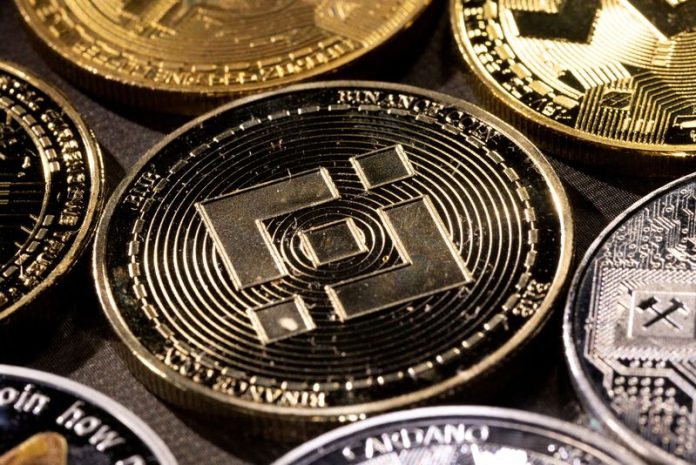NEW YORK (Reuters) – The US Department of Justice brought charges this week against Sam Bankman-Fried, the founder of cryptocurrency trading platform FTX, as one of the highest-profile cases against a cryptocurrency investor. This was just one of the numerous digital assets cases that have been investigated by US regulators.
Here is a list of some of these civil and criminal cases and their outcomes:
bitfinex hack
In February, a husband-and-wife duo were accused of participating in a money laundering conspiracy involving the 119,754 bitcoins stolen by a hacker who accessed digital currency exchanges Bitfinex in 2016. Court documents show that the couple is currently in discussions with prosecutors with regards to a possible guilty plea.
BITMEX EMPLOYEES
The founders of cryptocurrency exchange BitMEX, together with other employees, pleaded guilty to a charge of deliberately disregarding anti-money laundering protocols this year. The co-founders of the firm admitted guilt in a New York court, each agreeing to pay a criminal penalty of $10 million.
In addition, other employees of the company were fined $150,000.
In 2020, the first criminal charges were brought by the US prosecutors.
This year, the exchange settled with the Commodity Futures Trading Commission and the Financial Crimes Enforcement Network (FinCEN) division of the US Department of the Treasury. BitMEX declined to comment on the allegations against its former staff when contacted this week.
At the time the charges with the CFTC were settled, the CEO of the company highlighted the firm’s strong anti-money laundering compliance measures.
BLOCKFI LENDING LLC
BlockFi’s subsidiary has agreed to pay a record $100 million fine to settle civil charges related to an interest-bearing loan product sold to more than 600,000 investors. The firm, which filed bankruptcy in November, still owes $30 million of the $50 million civil penalty it agreed to in writing with the SEC.
A spokesperson for the firm did not respond to a request for comment this week, but stated that the firm had settled the case and was a good example of their commitment to “pioneering efforts to ensure regulatory clarity for the broader industry and our customers.”
FORMER COINBASE MANAGER
The US Attorney’s Office in Manhattan and the SEC indicted a former product manager at cryptocurrency exchange Coinbase, together with his brother and best friend, in an alleged insider trading scheme in July. These were the first cases brought against insider traders for trading in digital assets.
The ex-Coinbase employee has pleaded guilty to the charges. His brother was allowed to change his plea from not guilty to guilty, while the third defendant is still at large.
The SEC criticized Coinbase at the time with a blog post claiming that the exchange does not list securities and that they were attempting to do so. “Enforcement of such regulations.”
ONECOIN LTD
In 2019, US authorities indicted alleged leaders of a multibillion-dollar pyramid scheme involving fraudulent cryptocurrency OneCoin. One of the leaders is still at large, and the other has pleaded not guilty.
FORMER OPENSEA EMPLOYEE
In June, federal prosecutors in Manhattan charged a former product manager at internet marketplace OpenSea for non-fungible tokens with insider trading. This was the first case involving digital assets.
Prosecutors allege that he secretly purchased NFTs and other tokens from the same creator that were soon to be available on the OpenSea homepage with confidential information.
OpenSea cited its earlier statement when contacted this week that it had opened an investigation and requested that the employee leave.
RIPPLE LABORATORIES INC
In December 2020, the SEC sued blockchain payments company Ripple, two executives, and one of their employees, accusing them of being involved in an unregistered $1.3 billion securities sale. The San Francisco-based company that created the XRP cryptocurrency in 2012 has been involved in a long-running court battle with the regulators.
Ripple has asked the judge to rule that XRP is not a security and thus not subject to SEC oversight. This case could have far-reaching legal implications for the industry, which is known as the regulatory gray zone in the United States.
A Ripple spokesperson did not provide any updated comments when contacted this week.
TELEGRAM GROUPE
In October 2019, the SEC blocked an unregistered $1.7 billion digital token offering via messaging service Telegram Group and its subsidiary TON Issuer. After a six-month court battle, Telegram agreed to pay a $18.5 million civil penalty and reimburse investors for $1.2 billion.
The firm did not respond to a

